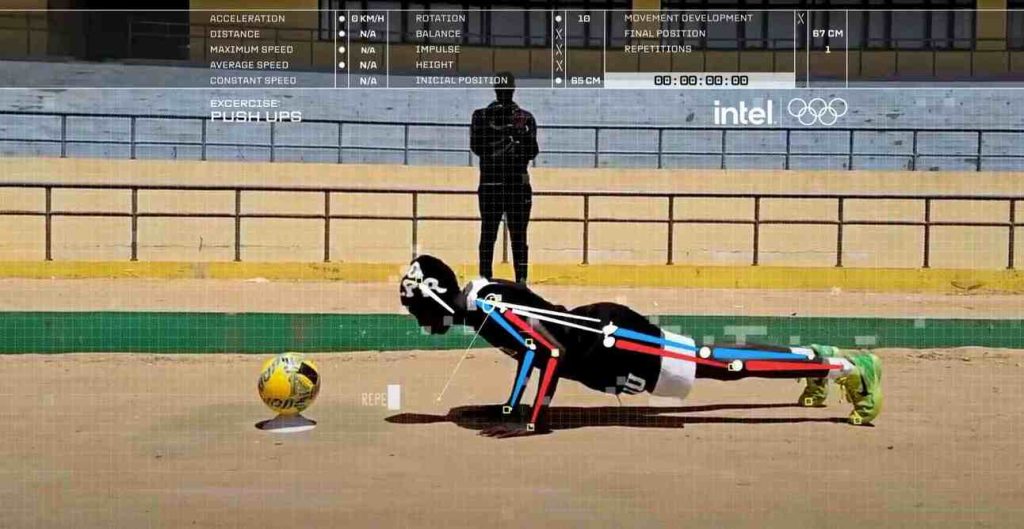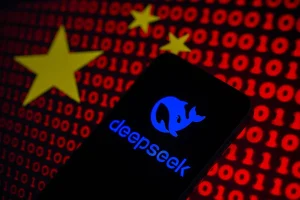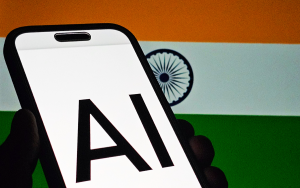Intel’s AI Innovations at the Olympics

This summer, the Olympic Games are not just about athletic prowess; they are also a showcase for cutting-edge technology. Intel’s use of AI is set to revolutionize both the athlete and spectator experience. From identifying hidden talent in remote areas of Senegal to enhancing how visually impaired athletes navigate venues, AI is becoming an integral part of the Olympics.
Intel’s partnerships are creating new standards in sports training and viewing. This technology is not limited to professional athletes; it’s accessible to everyone. While NBC also steps in with AI-generated voices for recaps, the upcoming Paris Games are set to be a trailblazer in integrating AI with sports.
Intel’s AI Model for Identifying Talent
Intel is bringing the power of AI to the upcoming Summer Olympics. Collaborating with the Senegalese National Olympic Committee, Intel’s AI is on a mission to uncover hidden talent in Senegal’s rural areas. The aim is simple but groundbreaking: identify young athletes who could compete at an Olympic level. In a pilot project, they visited five villages and asked 1,000 kids to participate in physical challenges. AI-powered sensors were then used to assess their abilities, resulting in 40 children being identified as having ‘significant talent.’
The initiative is part of a broader push to democratize access to top-tier athletic training and identification. An app is scheduled for release to the general public, allowing anyone to see if they might have a shot at becoming an Olympic athlete. Fans in Paris will have the opportunity to preview this innovative app next month, which can recommend which sports individuals are best suited for. This could very well be a game-changer in athlete scouting and training.
AI-Assisted Navigation for Athletes with Visual Impairments
Through its AI-powered 3-D scanning technology, Intel aims to assist athletes with visual impairments in navigating venues. The technology works by mapping out the buildings and environments where these athletes will compete. This innovation ensures that visually impaired athletes can find their way through the complex layouts of Olympic venues with more ease, boosting their confidence and independence.
Such advancements don’t stop at just navigation. Intel has developed a chatbot designed to help athletes understand the International Olympic Committee’s rules and regulations. For instance, an athlete can inquire about approved or banned medications ahead of their events. This feature is crucial for avoiding any inadvertent rule violations and for helping athletes focus completely on their performance without the friction of procedural uncertainties.
Intel’s AI initiatives provide layers of support that cater specifically to the unique needs of different athletes. By reducing the logistical and regulatory challenges they face, AI is improving the overall Olympic experience for all participants. These technologies are not just add-ons; they represent a substantial evolution in how the Games are managed and experienced.
Enhanced Spectator Experience with AI
AI is not only revolutionizing the athlete experience but also transforming how spectators enjoy the Olympics from home. Intel’s deep learning algorithms enable real-time 8k resolution broadcasts, delivering unparalleled viewing experiences right to your living room. Such high-definition broadcasts mean that viewers can see every detail of the competitions, making for a more immersive experience.
Meanwhile, NBC has announced that an AI-generated version of Al Michaels’ voice will deliver daily recaps and highlights. Michaels, a legendary sportscaster, was initially skeptical but found the AI version of his voice to be astonishingly accurate. ‘Frankly, it was astonishing,’ he told Vanity Fair. ‘It was amazing.’ This AI-generated voice technology adds another layer of depth to the viewing experience, making it more engaging and personal.
These innovations highlight how AI can enhance the way people consume sports content. From providing crystal-clear images to creating personalized commentary, AI is set to redefine the viewer experience. As technology advances, we can expect even more groundbreaking changes in how we watch and enjoy sports.
Implications for Future Olympics
Intel’s initiatives for the upcoming Paris Games signal a significant shift in how technology is integrated into large-scale sporting events. These AI-driven innovations address both the needs of athletes and the viewing preferences of the audience. By doing so, they are setting a precedent for future Olympic Games.
Notably, the use of AI for scouting talent and enhancing viewer experiences could become standard practice in various sports beyond the Olympics. This technology provides a scalable solution that can be adapted to other major sporting events around the world. The success of these initiatives in Paris could pave the way for a broader acceptance and implementation of AI in sports.
Additionally, the use of AI in these contexts underscores a trend of increasing reliance on technology to solve complex problems and improve user experiences. Whether it’s through enhancing athlete performance, simplifying navigation, or revolutionizing how viewers consume content, AI is proving to be a versatile and invaluable tool. The future of sports and technology is intertwined, and Intel’s efforts are at the forefront of this exciting evolution.
Broader Impact on Global Sports
Aside from its application in the Olympics, AI is making waves in various other sports-related fields. From AI-driven travel planning tools that help athletes optimize their travel schedules, to training programs that use machine learning to tailor workout routines, the applications are vast and varied. This broader impact showcases how AI is becoming an integral part of the sports industry.
For example, AI-powered platforms like Vacay and Mindtrip are helping travelers, including athletes, plan their trips with detailed and customized itineraries. Such tools offer precise recommendations based on budget and preferences, which is something traditional guidebooks cannot match. Travelers can choose to hit major landmarks or explore niche culinary experiences with the guidance of AI.
In the world of productivity, AI tools such as Otio, Pixelmost, and Relay are helping professionals, including those in the sports industry, streamline their tasks. From summarizing documents to creating mockups, these tools enhance efficiency and effectiveness. The integration of AI into everyday tasks further showcases its far-reaching potential across various sectors and industries. The adoption of AI by sports professionals is just one example of how widely this technology is being embraced.
Conclusion
Intel’s AI initiatives for the upcoming Olympics are setting a new standard for how technology can enhance both the athlete and spectator experience. From identifying hidden talent to providing high-definition broadcasts, these innovations are transforming the Games. As AI continues to evolve, its influence on sports is bound to grow, making future events even more exciting and inclusive.
Intel’s use of AI is set to transform the Olympics in multiple ways. From discovering young talents in hidden corners of the world to assisting visually impaired athletes and enhancing the spectator experience, these innovations are remarkable. The ongoing evolution of AI promises even more exciting changes in future sporting events. As technology and sports become increasingly interwoven, the benefits will extend far beyond the Olympic Games.





